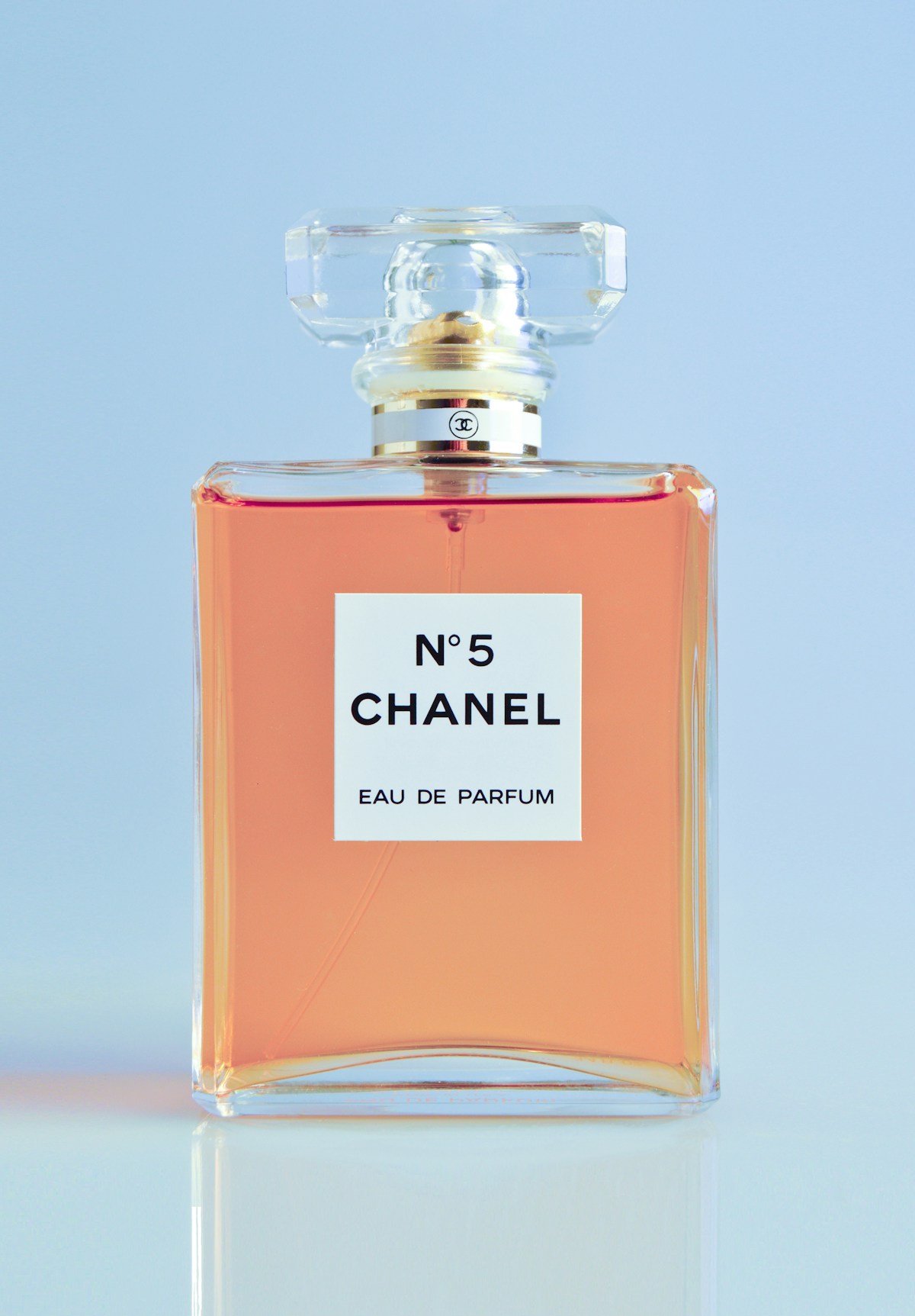Guinness World Records Defends Integrity: "You Can't Buy a Record"
Guinness World Records Defends Integrity: "You Can't Buy a Record"

In a powerful response to mounting criticism, Craig Glenday, the longtime editor of Guinness World Records, has firmly rejected accusations that the iconic organization has traded authenticity for commercial interests. Speaking after 21 years at the helm, Glenday declared unequivocally: "You can't buy a record."
The controversy stems from concerns that Guinness World Records has shifted from its traditional book-publishing roots to a more corporate model, offering consultancy services to companies and governments. Critics argue this transformation has compromised the organization's integrity, but Glenday and his team maintain that all records—regardless of who attempts them—are held to the same rigorous standards.
The Evolution of a Global Icon
Since its founding in 1955, Guinness World Records has documented humanity's most extraordinary achievements. What began as a simple reference book to settle pub disputes has evolved into a multi-platform business encompassing consultancy services, event adjudication, and global media partnerships.

The organization now operates through GWR Consultancy, which accounts for approximately half of the company's revenue. This division offers professional services to brands and organizations, helping them brainstorm record attempts and providing official adjudicators for their events. Fees start at £11,000 for consultancy services, though all records must still meet the same verification standards.
Maintaining Standards in a Commercial World
Glenday emphasizes that the consultancy model hasn't replaced the organization's core mission—it has expanded it. "We've appended that corporate side to the business, rather than replaced anything," he explained. The company continues to process tens of thousands of free applications from individuals worldwide, with 36,191 applications submitted by the general public in 2023 alone, compared to 1,096 from organizations.
Every record attempt, whether from a school child or a multinational corporation, must adhere to strict guidelines. Records must be standardizable, measurable, breakable, verifiable, and contain only a single superlative. Independent auditors verify attendance at mass-participation events, and official adjudicators can reject attempts that fail to meet specifications—even if the client has paid for their presence.

Learning from Controversies
The organization has faced legitimate criticism, particularly regarding work with authoritarian regimes. Glenday acknowledged that partnerships with governments like Turkmenistan—whose former dictator Gurbanguly Berdymukhamedov made seven record applications between 2011 and 2018—were missteps. The company has since implemented more careful vetting procedures for politically-connected clients.
"If it's organized by the minister of culture, then you start to think well, wait a minute. Why?" Glenday said, describing the organization's new approach to scrutinizing government-sponsored attempts.
The Record-Breaking Community
Beyond corporate events, Guinness World Records continues to inspire a passionate community of individual record-breakers. Super record-holders like Ashrita Furman, who has broken over 700 records, and David Rush, with more than 250 records to his name, embody the spirit of human achievement that the organization was founded to celebrate.

These dedicated individuals pursue records not for monetary gain but for personal fulfillment, spiritual practice, or simply the thrill of achievement. Their efforts represent the authenticity and human spirit that critics worry might be overshadowed by commercial partnerships.
A Changing Media Landscape
The shift toward consultancy services reflects broader changes in how people consume media and information. With declining book sales and the rise of social media, Guinness World Records has had to adapt to survive. The organization now operates across multiple platforms—books, television, digital media, and live events—while maintaining its role as an authority on record-keeping.
Glenday argues that in an era of misinformation, Guinness World Records serves as a crucial fact-checker for extraordinary claims. "You might as well just shout a question into the street and see what answer you get back: that's what the internet is like," he said, positioning the organization as a trusted authority in a chaotic digital landscape.
The Verdict: Integrity Intact?
While the business model has evolved, the fundamental question remains: Can Guinness World Records maintain its integrity while generating revenue from corporate clients? The organization insists the answer is yes, pointing to its rejection rate of 20-25% for corporate record attempts and its continued commitment to free processing of individual applications.

Critics like Anna Nicholas, former head of PR for the company in the 1980s and 90s, and Alasdair McWhirter, son of co-founder Norris McWhirter, argue that the intellectual integrity of the early years has been compromised. However, supporters note that the organization has democratized record-breaking, making it accessible to people worldwide rather than remaining Western-centric.
Frequently Asked Questions
Do you have to pay to break a Guinness World Record?
No. Anyone can submit a record attempt for free through the Guinness World Records website. However, if you want an adjudicator present at your attempt or expedited processing, fees starting at £6,000 apply.
Can companies buy their way into the Guinness Book?
According to Guinness World Records, no. While companies can pay for consultancy services and adjudicator attendance, all records must meet the same verification standards. The organization reports a 20-25% failure rate for corporate attempts.
How has Guinness World Records changed over the years?
The organization has evolved from primarily publishing books to offering consultancy services, event adjudication, and multimedia content. This diversification was necessary due to declining book sales and changing media consumption habits.
Who is Craig Glenday?
Craig Glenday has been the editor-in-chief of Guinness World Records since 2002. Before joining the organization, he held the record for stretching a Curly Wurly chocolate bar the farthest distance in three minutes.
The Future of Record-Breaking
As Guinness World Records celebrates its 70th anniversary, the organization faces the challenge of balancing commercial sustainability with its founding mission to document human achievement. Whether the consultancy model represents a necessary evolution or a troubling compromise depends largely on perspective.
What remains undeniable is that Guinness World Records continues to inspire millions worldwide. From children unwrapping the annual book on Christmas morning to super record-breakers dedicating their lives to achievement, the organization still captures something essential about the human desire to push boundaries and leave a mark on history.
Share This Article
Found this article informative? Share it with others who are curious about Guinness World Records and help spread accurate information about how record-breaking really works!